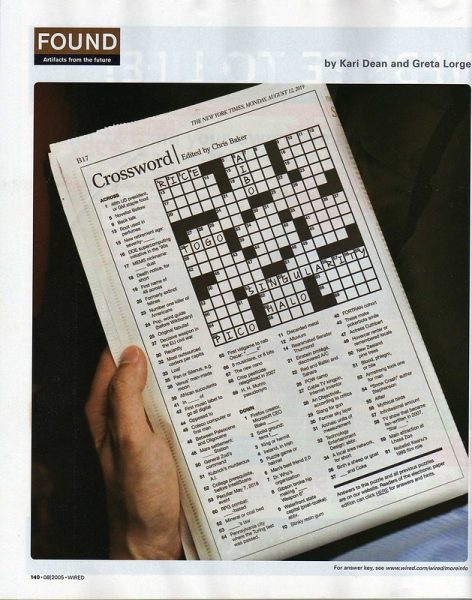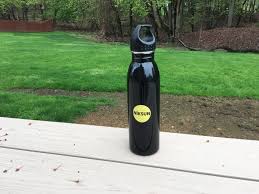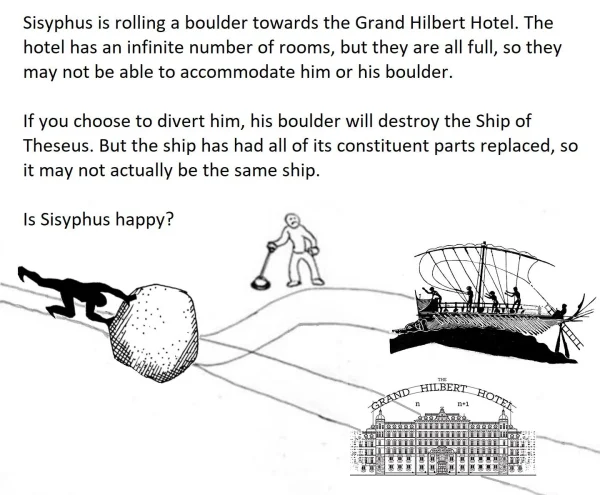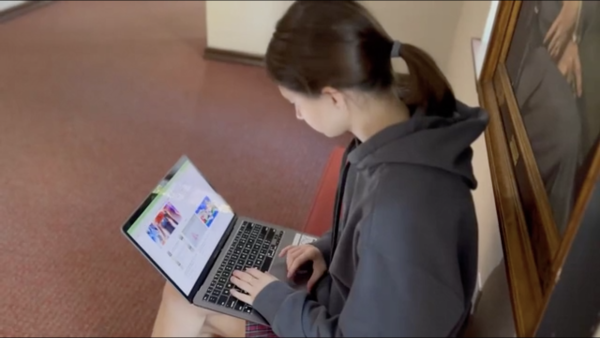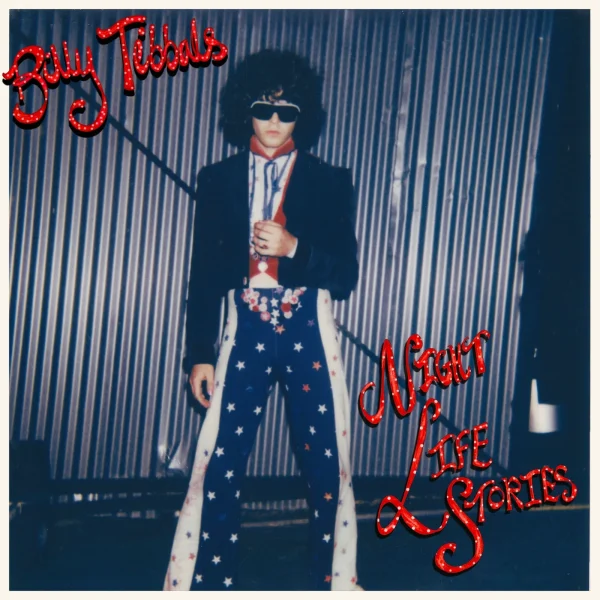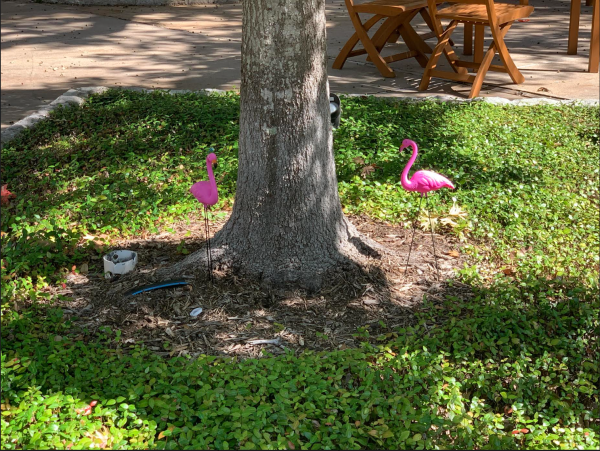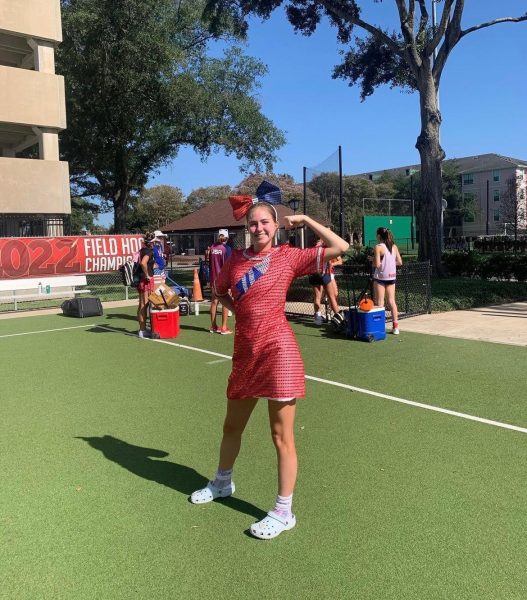March 23, 2018
When an addiction prevention speaker came to my previous high school, the first thing I was told was “you should never do drugs and alcohol because they ruin your life.” Having attended a vocational school that specializes in health science, I believed the statement completely. However, I was never told what happens when you actually take a drug or get drunk.
My experience with FCD completely changed my mindset. My speaker told us that teens are likely to come into contact with drugs and alcohol. Her goal was to prepare us to ask “What should I do next?” in these situations.
Over three days, my classmates and I discussed the definition of addiction, the importance of finding trustworthy friends and how to approach situations involving substance abuse. There were many times before FCD when I have felt uncomfortable in a situation involving substance abuse. Parties have made me feel trapped because I don’t know how to help my friends when they are intoxicated or high. The most valuable thing I have learned from FCD is when and how to get my friends and myself out of a situation that I am not comfortable with.
At my previous high school, I was taught about the physical appearance and symptoms caused by a variety of prescription and illegal drugs. FCD didn’t focus on the scientific explanation of substance abuse, but the program better explained both the social and health impact without getting into tedious technical specifics.
When asked if they have ever consumed alcohol, a surprisingly large number of my classmates raised their hand. Students also raised their hand when asked if they knew a drug addict, justifying the need for FCD. Moreover, the questions above led into an open discussion about the harms of addiction and later the speaker’s relatable story about battling addiction.
The speaker’s story started when she first consumed alcohol in sixth grade, but she only started drinking heavily in high school. Because of her academic and social stress, she used the alcohol as a stress reliever and eventually became an addict. Her addiction, which carried on until her early twenties, made her more insecure and stressed — the direct opposite of what she wanted to feel. Because our school is a stressful environment, it represents the inclination of many students to consume alcohol or drugs. Her story, however, left many students with the knowledge that stress cannot be “cured” with substance abuse.
I am glad that we have the opportunity to speak with professionals with copious background knowledge on drugs and alcohol. I engaged with classmates, heard their perspectives and opinions and listened to the speaker’s experience with addiction. I learned that abstinence is not the only way out of a situation.
I look forward to the FCD talks next year, but until then, I will have discussions with my classmates about making the right decision when it comes to the substances that could potentially control our lives.





